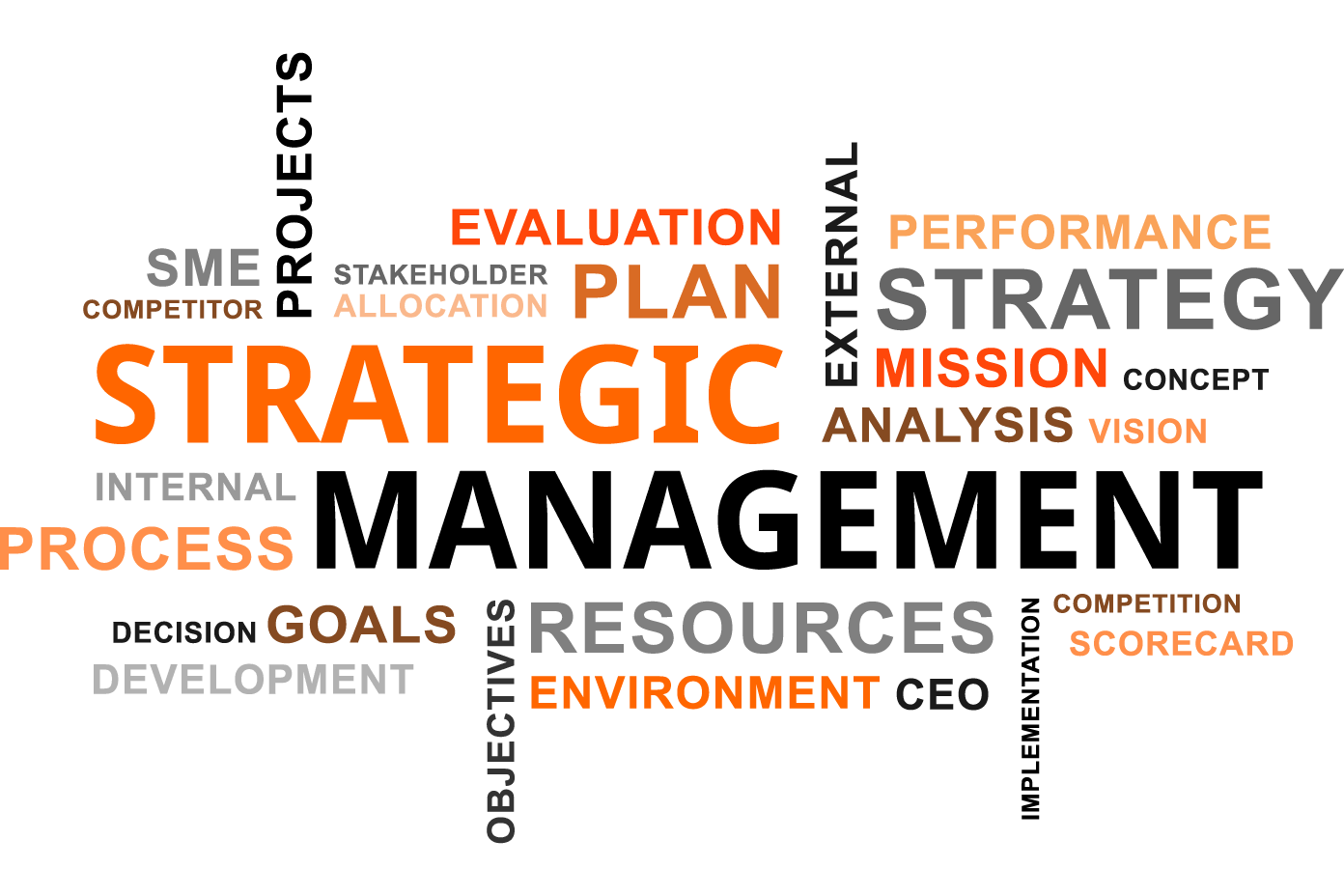
Financial Accounting

Management Accounting

Business Studies

Macro/Micro Economics

Strategic Management & International Business Strategy
Vision & Mission: Defining purpose and direction. Environmental Scanning: Analysing internal strengths/weaknesses and external opportunities/threats (SWOT). Strategy Formulation: Choosing between cost leadership, differentiation, or focus strategies. Strategy Implementation: Aligning structure, culture, and operations. Evaluation & Control: Monitoring performance and adjusting as needed.
Market Entry Strategies: Exporting, licensing, joint ventures, or wholly owned subsidiaries. Global vs. Local Adaptation: Balancing standardization with customization of products/services. Competitive Analysis: Understanding rivals in foreign markets and identifying differentiation opportunities. Regulatory Compliance: Adhering to local laws, tax codes, and employment standards. Supply Chain Strategy: Managing logistics across borders efficiently.
Managing Changes & Innovation - Organisational Development
Strategic Planning: Setting long-term goals and competitive positioning. Operational Efficiency: Streamlining processes across departments. Decision-Making: Balancing risk, data, and intuition. Cross-functional Leadership: Coordinating finance, HR, marketing, and compliance.
General Management-Leadership & Managing Organisation / Managerial Finance & Accounting
👥
Transformational Leadership: Inspiring change and innovation. Team Development: Building trust, collaboration, and accountability. Change Management: Navigating organisational shifts with empathy and clarity. Culture Building: Shaping values and behaviours that support strategy.
Budgeting & Forecasting: Planning resources and anticipating outcomes. Financial Statement Analysis: Interpreting performance and risk. Investment Appraisal: Evaluating projects using NPV, IRR, and payback. Cost Management: Controlling expenses and improving margins.


